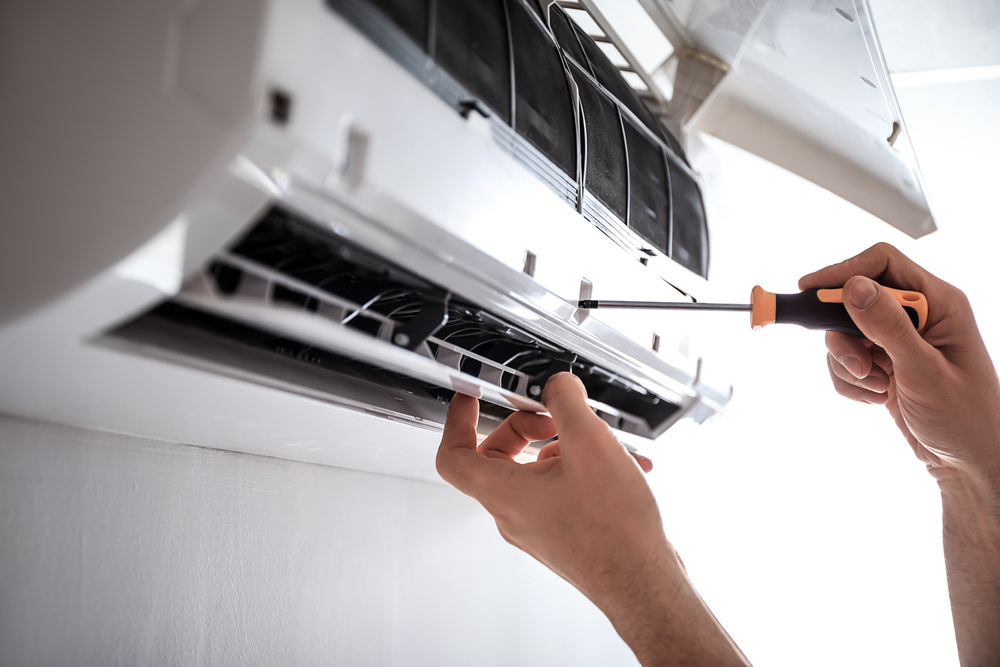Call or Text
801-438-4793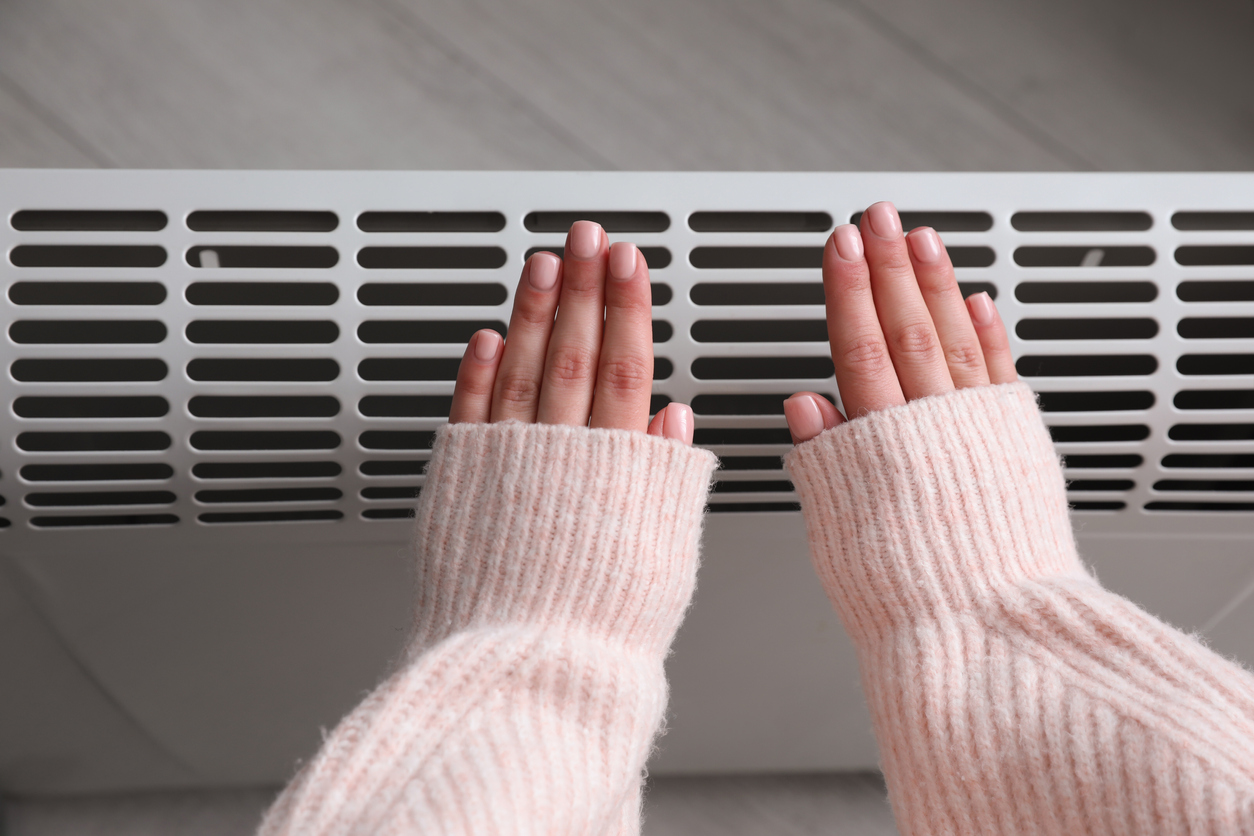
2024 Home Cooling Guide: Installation, Repairs, and Staying Comfortable in the Heat
September 3, 2024
Looking to stay cool and comfortable during the hottest days of the year? This handbook is your ultimate resource for everything related to home cooling. Whether you’re planning to upgrade your air conditioning system, facing unexpected issues with your current unit, or simply seeking smart ways to maintain a comfortable environment during heatwaves, we’ve got you covered. Dive into practical tips and expert advice that will help you optimize your AC’s performance, save on energy bills, and ensure your home remains a haven of cool comfort all season long.
A Step-by-Step Guide to Air Conditioning Installation
When it comes to air conditioning, installation isn’t just about setting up a new unit—it’s about crafting the perfect solution tailored to your home’s specific needs. From choosing the ideal system to ensuring a smooth and efficient installation process, here’s what you need to consider.
Selecting the Perfect AC System for Your Space
Choosing the right air conditioning unit is crucial for achieving optimal cooling. It’s important to consider the size of your living space and the typical weather patterns in your area. A system that’s too small will struggle to keep up, while one that’s too large could lead to inefficiency and wasted energy. Make sure to factor in energy ratings and seek professional advice to ensure you select a unit that will perform effectively and economically.
Maintenance Tips After Installation
Once your new AC system is up and running, regular maintenance is key to ensuring its longevity and efficiency. Here are three simple but essential steps:
- Filter Management: Regularly change or clean your filters—ideally every 1-3 months—to maintain good airflow and reduce strain on your system.
- Clear the Surroundings: Keep the area around your outdoor unit free from debris such as leaves and grass to ensure optimal performance.
- Annual Professional Tune-Up: Schedule a yearly check-up with a professional to catch any potential issues before they become costly repairs.
Why Superior Water & Air is Your Go-To for Air Conditioning Installation
“We recently got a new furnace and AC from Superior/Costco.” Wrote Keri Knorpp in a -Star Google Review. “The crew who did the installation were quick and efficient, they cleaned up after themselves and didn’t leave a mess, and the lead took the time to explain everything to me so I understood it. I’d definitely recommend them!”
Our Installation Process: What You Can Expect
Choosing Superior Air & Water for your air conditioning installation means peace of mind from start to finish. We begin with a comprehensive assessment of your cooling needs, ensuring the system we recommend fits perfectly with your space and budget. During installation, our expert technicians work efficiently and with the utmost respect for your home. Once installed, we’ll provide you with a thorough overview of your new system, along with maintenance tips to keep it running smoothly for years to come.
24/7 Emergency Air Conditioning Services When You Need Them
When your air conditioning fails unexpectedly, especially during a heatwave, you need fast, reliable service to restore comfort in your home. Knowing when to call for emergency repairs and what to expect during the process can make all the difference. We’re here to ensure your home remains a cool sanctuary, no matter the time or day.
Recognizing the Signs: When to Call for Emergency AC Repair
Catching problems early can prevent more significant issues down the line. Here are the critical signs that indicate it’s time to seek emergency air conditioning repair:
- Total System Failure: If your AC stops working altogether during a hot spell, it’s crucial to get it fixed immediately.
- Strange Noises: Unusual sounds like grinding, banging, or hissing often signal a serious issue that requires prompt attention.
- Leaks or Water Accumulation: Water pooling around your unit is a red flag that something is wrong and needs to be addressed quickly.
- Lack of Cooling: If your system is running but your home isn’t cooling down, it’s time to call in the experts.
Identify the Need for Air Conditioner Repair Services
Over time, even the best air conditioning systems can experience wear and tear. Knowing the signs that your system needs repairs can help you avoid more significant problems and keep your home comfortable.
No Cool Air
If your air conditioner is running but not producing cool air, several issues might be at play, such as refrigerant leaks or problems with the compressor. Addressing these issues promptly can restore your system’s cooling power and prevent further damage.
Low Amounts of Airflow
A lack of strong airflow could be due to several factors, including clogged filters, blocked vents, or issues with your ductwork. Identifying and resolving these problems quickly will improve your system’s efficiency and performance.
Constant Cycling: AC Turning Off
If your air conditioner frequently cycles on and off, it could be due to an improperly sized unit, thermostat problems, or dirty coils. Fixing this issue is crucial to avoid unnecessary wear and tear on your system.
Air Conditioner Making Unusual Noises
Unusual noises like grinding, rattling, or hissing coming from your AC unit often indicate mechanical issues or loose parts. Ignoring these signs can lead to more severe problems, so it’s best to address them as soon as possible.
Leaks and Water Buildup
Water pooling around your unit is never a good sign and could indicate anything from a blocked drain line to a refrigerant leak. These issues require immediate attention to prevent damage to your home and your cooling system.
Humidity Problems
If your home feels overly humid even with the AC running, your system may be malfunctioning or improperly sized. Excess humidity can lead to discomfort and potential health issues, so it’s important to get this checked out.
What Affects the Cost of Air Conditioner Repairs?
The cost of repairing an air conditioning system can vary widely depending on the nature of the problem. Understanding what influences these costs can help you make informed decisions and avoid unexpected expenses.
Problem Complexity: Simple vs. Complex Repairs
The complexity of the issue your air conditioner is facing will significantly impact repair costs. For instance, straightforward tasks like replacing a dirty filter or tweaking the thermostat are generally inexpensive. However, if your system requires more intensive repairs, such as fixing a compressor or dealing with a refrigerant leak, the costs can rise considerably due to the specialized labor and parts required.
System Age: Older Units May Cost More to Fix
As air conditioning systems age, they tend to need more frequent and costly repairs. Older units often suffer from wear and tear, and finding replacement parts can become increasingly difficult and expensive. If your system is nearing the end of its operational life, it might be more cost-effective to invest in a new unit rather than continuing to pour money into repairs.
Parts and Labor
The type of parts required for the repair plays a crucial role in determining the final cost. Basic components like filters or fuses are usually affordable, but major parts such as compressors or coils can be much more expensive. Additionally, the availability and quality of these parts, along with the labor involved in installing them, will influence how much you’ll end up paying for the repair.
Common Air Conditioner Maintenance Tasks
Keeping up with air conditioner maintenance helps your system last longer. Regular check-ups prevent unexpected breakdowns and keep your home comfortable. Knowing important maintenance basics can make a big difference in your AC’s performance over time.
Changing Your Air Filters
Replacing your air filter regularly is one of the easiest ways to keep your AC running efficiently. Clean filters ensure good airflow, reduce strain on the system, and maintain high indoor air quality. Depending on your usage, aim to replace filters every 1-3 months.
Keeping the AC Coils Squeaky Clean
Over time, dirt and debris can build up on your AC’s coils, reducing its efficiency and driving up energy costs. Regularly cleaning the evaporator and condenser coils helps maintain your system’s performance and prolongs its lifespan.
Properly Calibrating Your Home’s Thermostat
A properly calibrated thermostat is essential for maintaining a comfortable home. If your thermostat is out of sync, you may experience uneven cooling or increased energy bills. Regular calibration ensures your system responds accurately to temperature changes.
Refrigerant Level Checks
The refrigerant in your air conditioning system is vital for efficient operation. Low refrigerant levels can cause your AC to work harder than necessary, leading to increased energy consumption and potential damage. Routine checks and adjustments of refrigerant levels are essential to keep your system running smoothly.
Electrical System Inspections
The electrical components of your air conditioner are critical to its safe and reliable operation. Issues like loose connections or faulty wiring can lead to unexpected system failures or even pose safety hazards. Regular inspections of your AC’s electrical system help prevent these problems and ensure continuous, trouble-free operation.
The Long-Term Benefits of Routine Air Conditioner Maintenance
Sticking to a regular maintenance schedule for your air conditioning system offers numerous benefits, from enhanced efficiency to reduced repair costs. Here’s why it’s worth the effort.
Improving Your AC’s Efficiency
Routine maintenance helps your air conditioner operate at peak efficiency, ensuring it cools your home effectively without using excess energy. Clean filters, coils, and calibrated components all contribute to a well-functioning system that doesn’t have to work harder than necessary.
Save Money By Lowering Your Energy Bills
A well-maintained air conditioner uses less energy to keep your home cool, resulting in lower utility bills. By reducing the strain on your system, you can enjoy the comfort of a cool home without the high costs.
Extending the Lifespan of Your System
Regular maintenance can significantly extend the life of your air conditioning system. By addressing minor issues before they escalate, you can prevent excessive wear and tear and delay the need for a costly replacement.
Better Indoor Air Quality in Your Home
Clean filters and regular maintenance ensure your air conditioner can effectively remove dust, allergens, and pollutants from your home. This not only enhances your comfort but also contributes to a healthier living environment.
Prevent the Need to Expensive Repair Costs
As mentioned, regular maintenance helps you catch small issues before they turn into costly repairs. By investing in routine care, you can lower the overall cost of keeping your air conditioner in top condition.
Tips for Maximizing Air Conditioner Energy Efficiency
Maintaining a comfortable home while keeping energy costs in check requires an efficient air conditioning system. Beyond regular maintenance, there are several additional steps you can take to ensure your AC is performing at its best.
Insulate to Regulate
Proper insulation is key to maintaining a consistent indoor temperature and reducing the workload on your air conditioner. Quality insulation prevents cool air from escaping and keeps your home energy-efficient.
Smart, Programmable Thermostat
A programmable thermostat allows you to control your air conditioning system more efficiently by setting it to operate only when needed. By aligning your cooling schedule with your routine, you can avoid unnecessary energy use and reduce your bills.
Properly Seal Your Ducts
Leaks in your ductwork can lead to significant energy waste, making your AC work harder to cool your home. Sealing these leaks is essential to maintaining an efficient system and minimizing energy loss, ultimately saving you money.
Energy-Efficient Windows to Keep Cool Air In
Investing in energy-efficient windows can significantly reduce heat transfer into your home, easing the burden on your air conditioning system. By minimizing the amount of heat entering your space, you help your AC work more efficiently, leading to substantial energy savings.
Ceiling Fans & Shades Take the Load Off an AC Unit
Using ceiling fans in conjunction with your air conditioner can improve air circulation and reduce the workload on your AC. By keeping the air moving, ceiling fans help distribute cool air more evenly throughout your home, allowing your AC to operate more efficiently.
How to Find an Energy-Efficient AC Unit
Choosing an energy-efficient air conditioner is a wise investment that pays off in both reduced energy bills and a smaller environmental footprint. Here’s what to keep in mind when shopping for a new unit.
Understanding & Using SEER Ratings
The Seasonal Energy Efficiency Ratio (SEER) rating is a critical measure of an air conditioner’s efficiency. A higher SEER rating indicates greater efficiency, which translates to lower operating costs and reduced environmental impact. Choosing a unit with a high SEER rating is a smart move for long-term savings.
Sizing Your AC: Finding the Right Fit
Selecting the right size air conditioner is essential for both comfort and efficiency. An undersized unit will struggle to cool your home effectively, while an oversized unit can lead to wasted energy and inconsistent cooling. Proper sizing ensures your system operates at peak efficiency and provides consistent comfort.
Incentives and Rebates
Many local and federal programs offer incentives and rebates for purchasing energy-efficient air conditioning systems. These financial incentives can significantly offset the initial cost of a new unit, making it easier to invest in a system that benefits both your wallet and the environment.
Exploring Heat Pumps: A Versatile Cooling Option
Heat pumps offer an energy-efficient alternative to traditional air conditioners, providing both heating and cooling capabilities. Particularly effective in moderate climates, heat pumps are an excellent option for homeowners looking to reduce energy consumption and enjoy year-round comfort.
Preparing Your Home for Summer’s Heat: Essential Tips
Summer’s extreme heat can put your air conditioning system to the test. By taking proactive steps, you can ensure your AC is ready to keep your home cool and comfortable, even on the hottest days.
Prepping Your AC for the Summer Surge
Before the summer heat arrives, it’s crucial to ensure your air conditioner is up to the challenge. Conducting a thorough pre-season check will help you avoid breakdowns and maintain a comfortable home environment.
- Filter Maintenance: Replace or clean your AC filters to ensure optimal airflow and efficiency.
- Insulation Check: Inspect your home’s insulation to ensure it’s adequate to keep the cool air in.
- Duct Sealing: Make sure your ductwork is sealed properly to prevent cool air from escaping.
Common AC Challenges in Extreme Heat
High temperatures can exacerbate common air conditioning issues, potentially leading to reduced efficiency or system failure. Be on the lookout for these problems:
- Refrigerant Levels: Low refrigerant can cause your system to overwork, increasing energy use.
- Leakage: Duct or refrigerant leaks can significantly impair your system’s cooling ability.
- Clogged Filters: Dirty filters restrict airflow, making your AC less effective.
- Dirty Coils: Dust buildup on coils can lead to reduced efficiency and system strain.
Beating the Heat: Tips Beyond Your AC
During extreme heat, supplementing your air conditioner with other cooling strategies can make a big difference. Here are some simple tips to help keep your home cool:
- Ceiling Fans: Use ceiling fans to circulate air and reduce the load on your AC.
- Window Treatments: Close blinds and curtains during the day to block out direct sunlight.
- Heat Management: Avoid using heat-generating appliances, like ovens, during the hottest parts of the day.
- Smart Thermostat Settings: Set your thermostat to maintain a comfortable yet energy-efficient temperature.
Harnessing Smart Technology for Better Home Cooling
The advent of smart home technology has revolutionized how we manage our indoor environments, particularly when it comes to cooling. Integrating smart systems into your home can lead to greater comfort, efficiency, and control.
The Rise of Smart Homes
Smart home technology offers unparalleled convenience and energy efficiency. Imagine being able to adjust your home’s temperature from your smartphone, whether you’re at work or on vacation. These systems are designed to simplify your life while helping you reduce your environmental footprint.
Smart Thermostats Impact on Home Cooling
Smart thermostats offer several advantages that can significantly enhance your home’s cooling efficiency:
- Remote Access: Control your home’s temperature from anywhere using your smartphone.
- Energy Tracking: Monitor your energy usage in real-time and discover new ways to save.
- Automated Schedules: Set your thermostat to adjust automatically based on your daily routine.
- Consistent Comfort: Enjoy a more comfortable home environment with minimal effort, thanks to smart technology.
Clean Ducts, Healthy Air: The Importance of Duct Maintenance
Your home’s ductwork plays a vital role in the efficiency of your air conditioning system and the quality of the air you breathe. Regular duct cleaning is essential for maintaining a healthy and efficient home.
Why Duct Cleaning is Essential
Over time, dust, allergens, and debris can accumulate in your ductwork, negatively impacting both your system’s efficiency and your indoor air quality. Keeping your ducts clean helps your AC run smoothly and ensures that the air circulating in your home is fresh and healthy.
Signs Your Ducts Need Cleaning
If you notice any of the following issues, it may be time to have your ducts professionally cleaned:
- Excessive Dust: An unusual amount of dust in your home could be coming from dirty ducts.
- Health Symptoms: Frequent respiratory issues or allergies may indicate that your ducts are circulating contaminants.
- Inconsistent Airflow: Uneven airflow throughout your home can be a sign of blockages in the ducts.
- Odors: Musty or moldy smells could suggest that mold is present in your ductwork.
- Visible Mold: If you see mold near your vents, it’s time to call in a professional for an inspection.
Professional Duct Cleaning: What to Expect
When you hire a professional to clean your ducts, you can expect a thorough job that removes all dust, debris, and other contaminants. Using specialized equipment, experts ensure that your ductwork is clean and that your air conditioning system can operate efficiently. This service not only supports better cooling but also contributes to a healthier living environment.
Recent News
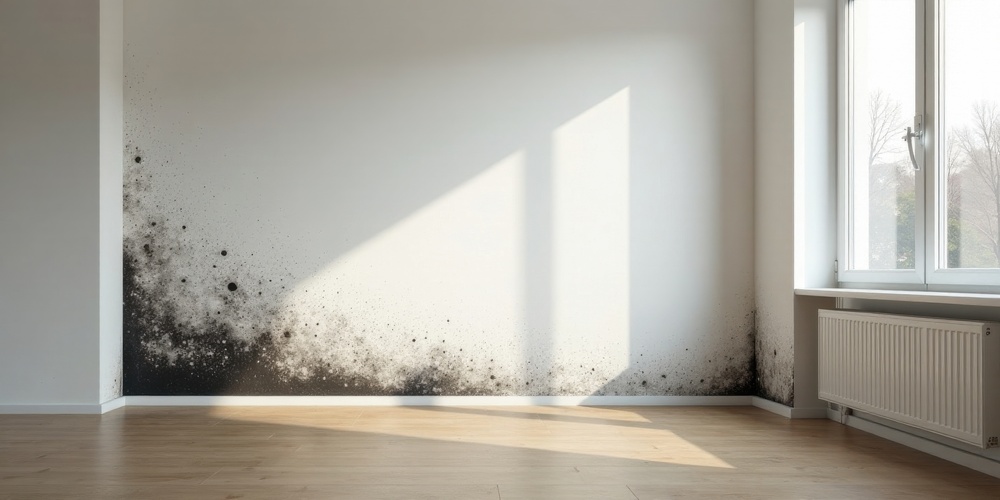
How to Prevent Mold in a Utah Home After Plumbing Repairs
September 11, 2025
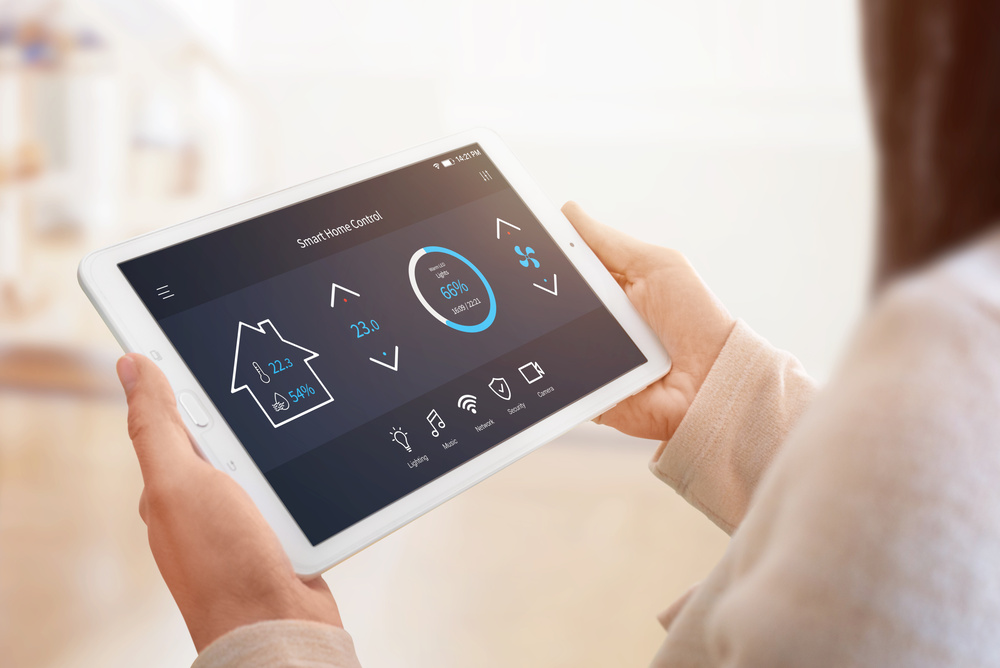
A Utah Homeowners’ Guide to Smart Thermostats
September 10, 2025
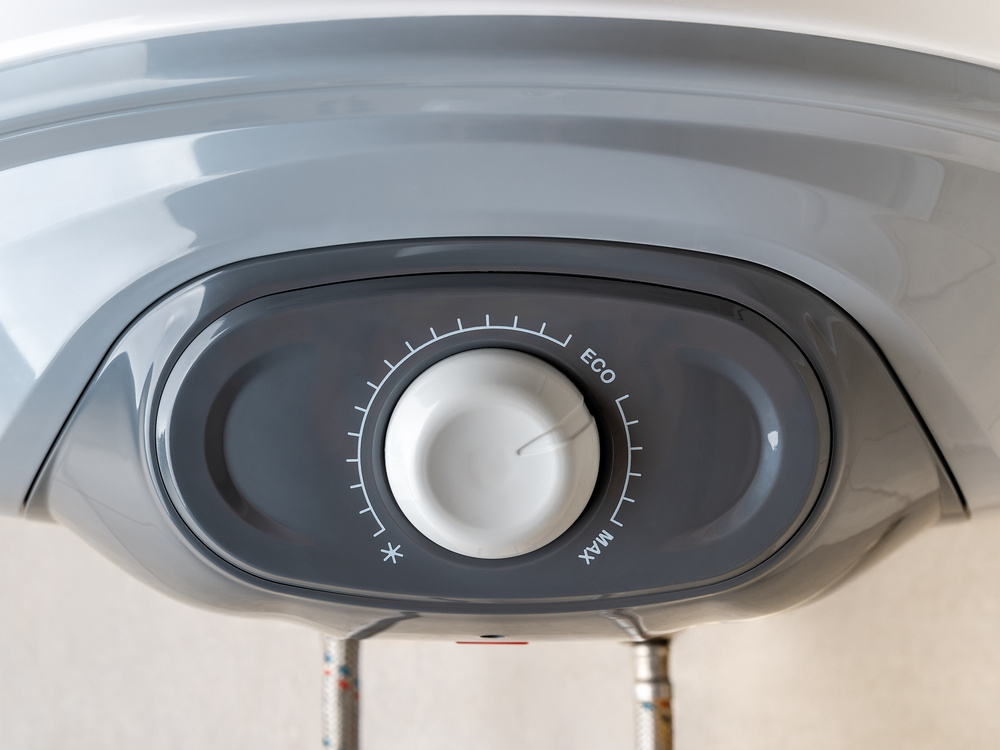
My Water Heater’s ECO Switch Keeps Tripping – What Does It Mean?
August 21, 2025

Calling a Contractor for HVAC Services Shouldn’t Be a Nightmare
August 20, 2025

7 Hidden Fittings That Make Your Plumbing Work
July 21, 2025
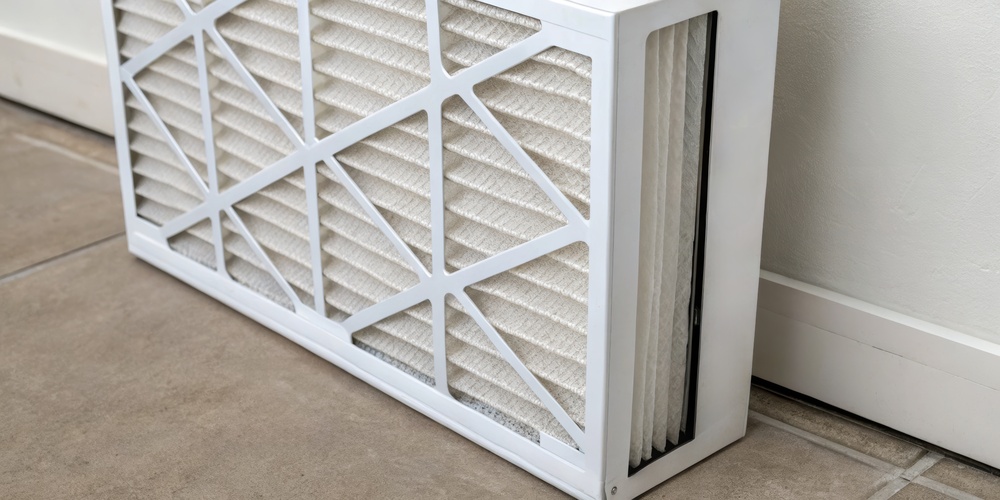
Never Underestimate the Value of Your Furnace and AC Filter
June 25, 2025
